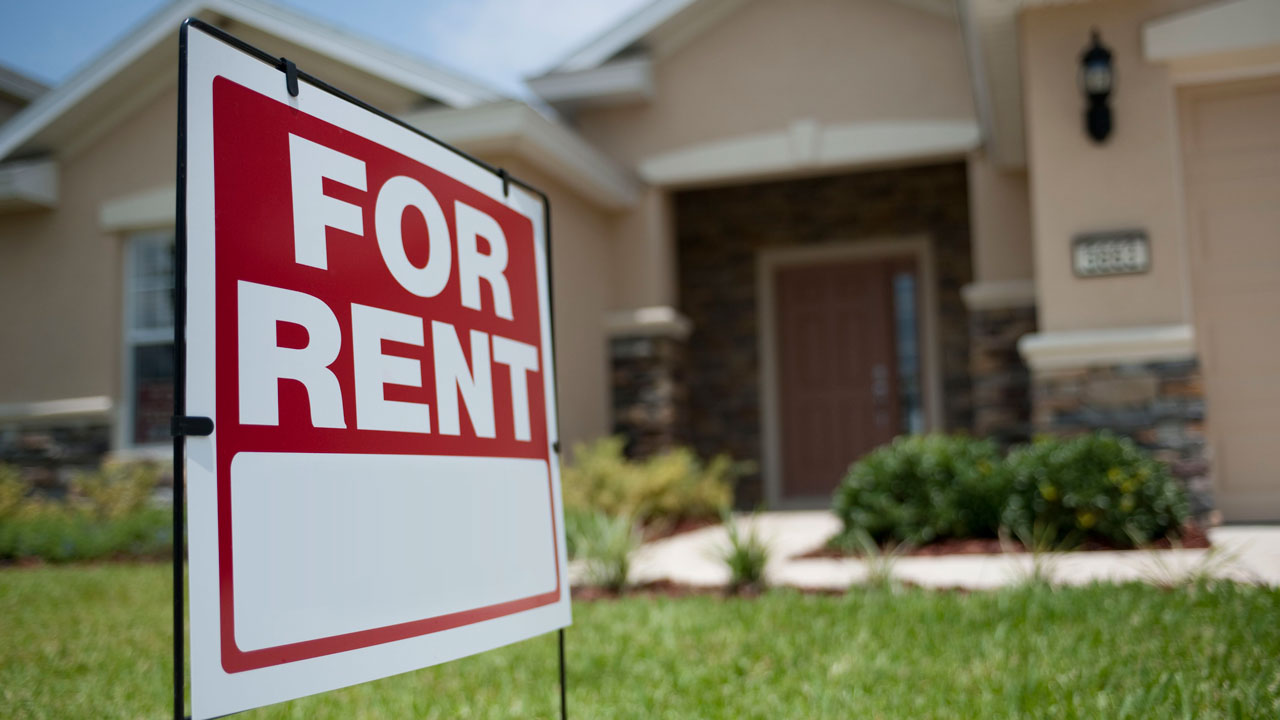As a tenant in Alabama, it’s essential to understand your rights when it comes to rent increases. Alabama has landlord-friendly laws regarding rent, meaning landlords have significant flexibility in increasing rent amounts. Knowing the legal framework can help you prepare for potential increases, negotiate with your landlord, and avoid unfair practices.
Rent Control in Alabama
Alabama does not have statewide rent control laws. Rent control refers to government regulations that limit the amount a landlord can raise rent on existing tenants. This means that landlords in Alabama generally have the right to increase your rent by any amount they see fit, as long as they follow the proper procedures outlined below.
How Much Can a Landlord Increase Rent?
There is no legal limit or cap on the amount a landlord can increase rent in Alabama. The sole requirement is that they provide adequate notice before the increase takes effect (more on that later). However, landlords still need to consider market factors and what comparable rental units charge in the area. An unreasonable increase could lead to you choosing to find alternative, more affordable housing.
Notice Requirements for Rent Increases
- Month-to-Month Leases: For month-to-month lease agreements, landlords in Alabama must provide at least 30 days’ written notice before implementing a rent increase.
- Fixed-Term Leases: If you have a fixed-term lease (e.g., a one-year lease), the landlord cannot increase the rent during the lease term unless your lease agreement specifically allows for it.
Rent Increases During a Lease Term
Be sure to carefully read your lease agreement, as it may include clauses that permit the landlord to increase the rent during a fixed-term lease under specific circumstances. For example, the lease might have a clause permitting annual rent increases based on a set percentage or tied to inflation. Always review your lease thoroughly before signing.
Tips for Tenants Facing Rent Increases
- Communicate with Your Landlord: If you receive a rent increase notice, open a dialogue with your landlord. Try to understand their reasons for the increase. If you have been a good tenant (paying on time, keeping the property in good condition), you might be able to negotiate a lower increase.
- Check Market Rates: Research rental prices for comparable properties in your area. This can give you leverage when negotiating with your landlord. If the proposed increase seems significantly higher than market rates, you can present this information as a counterargument.
- Document Everything: Keep written records of all communications with your landlord regarding the rent increase, including the date and content of any conversations and any written notices you receive.
- Consider Your Options: If the rent increase is excessive and you cannot reach a reasonable agreement with your landlord, you may need to consider finding alternate housing. Be sure to calculate the true cost of moving, factoring in security deposits and moving expenses if you choose to do so.
Discriminatory Rent Increases
The Fair Housing Act prohibits landlords from discriminating against tenants based on protected characteristics such as:
- Race
- Color
- Religion
- National Origin
- Sex
- Disability
- Familial Status (having children under 18)
Landlords cannot selectively increase rent on tenants based on these protected categories. If you suspect your rent increase is motivated by discriminatory factors, contact a legal aid organization or the resources listed below for assistance.
Where to Seek Help
Several resources are available to tenants in Alabama who have questions about rent increases or believe they are facing unfair rental practices:
- Alabama Housing Finance Authority: The AHFA provides information and resources for renters and landlords in the state, including guidance on landlord-tenant law. https://www.ahfa.com/
- Legal Services Alabama: Offers legal aid to low-income residents of Alabama. You can contact them for assistance if you have legal concerns about your lease, rent increases, and potential discrimination. https://www.legalservicesalabama.org/
- U.S Department of Housing and Urban Development (HUD): HUD enforces the Fair Housing Act. If you believe you’ve experienced housing discrimination, you can file a complaint with HUD. https://www.hud.gov/
Conclusion
Understanding Alabama rent increase laws can empower you as a tenant to protect your rights and make informed decisions about your housing situation. While Alabama laws favor landlords when it comes to rent increases, you still have options and resources available. These include negotiating with your landlord, considering alternative housing if necessary, and seeking legal assistance if you encounter unfair or discriminatory practices.
Important Considerations:
- Always review your lease agreement carefully: Your lease is a legally binding contract. It’s crucial to understand its terms thoroughly, especially regarding potential rent increases or adjustments.
- Maintain a positive relationship with your landlord: Open communication and a good landlord-tenant relationship can often help resolve issues like rent increases in a mutually beneficial way.
- Know your rights: By staying informed about Alabama tenant laws, you’ll be better equipped to advocate for yourself and ensure fair treatment by your landlord.
Sources
- Steadily: How Much Can a Landlord Raise Rent in Alabama: https://www.steadily.com/blog/how-much-can-a-landlord-raise-rent-in-alabama
- DoorLoop – Alabama Landlord Tenant Rental Laws & Rights for 2024: https://www.doorloop.com/laws/alabama-landlord-tenant-rights
- iPropertyManagement.com – Alabama Rent Increase Laws: What Is & Isn’t Legal: https://ipropertymanagement.com/laws/alabama-rent-increases
- Innago – Alabama Landlord Tenant Rental Laws & Rights 2024: https://innago.com/alabama-landlord-tenant-laws/
- Nolo – Overview of Landlord-Tenant Laws in Alabama: https://www.nolo.com/legal-encyclopedia/overview-landlord-tenant-laws-alabama.html
Disclaimer This article is for informational purposes and should not be taken as formal legal advice. If you have specific concerns regarding a rent increase or your rights as a tenant, it’s always best to consult with a legal professional specializing in landlord-tenant law.



